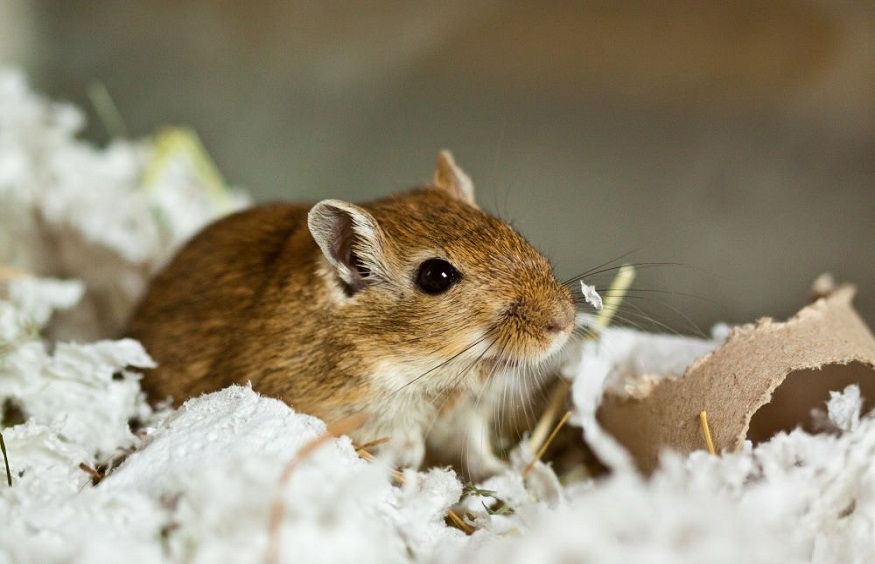Some think mice and voles to be quite beautiful. With small paws, little whiskers, cartoonish ears, and innocent-looking features, they scurrow around. But innocence disappears once they start wreaking havoc in your house, lawn, or garden.
Many people mistakenly mix voles with mice as they have various other similarities. Dealing with infestations requires recognizing the variations between different rodents, even if it would appear pointless.
Mice and voles react differently to control treatments since they have distinct diets, environments, and behaviors. Knowing those variations will enable you to handle an infestation properly. Find out more about the variations and parallels between mice and voles and how rodent control in Manchester may help you eliminate them.
What Are Voles?
If you have ever seen a little, hairy critter running across your yard, most likely it was a vole! Though with shorter tails and rounder bodies, voles are little rodents that resemble mice. Often spotted nibbling on roots or stems, they typically live in grassy environments such as parks and fields. In the wild, they eat grasses, grains, fruits, seeds, insects, and even the odd little animal or bird.
What Are Mice?
Mice are small rodents belonging to the Muridae family, which includes rats and voles. Having evolved to almost every environment, they are among the most successful animal species living almost everywhere. Despite their small size, mice are remarkably intelligent and build complex routes, tunnels, and mazes across their environments.
Problems Caused by Mice and Voles
Voles are less likely than mice to destroy your house or building. While mice will munch on anything, they favor softer plants. Therefore, voles usually cause issues in lawns and gardens; mice can cause major structural damage. Mice are more prone to contaminate food supplies and other household products with urine and excrement since they like the indoors more than voles.
Among the particular issues homeowners and property owners typically face with mice are:
- You are consuming food straight from your pantry.
- Wasteful contaminating food or surfaces.
- Gnawing is damaging wooden constructions.
- Raising the risk of several infections, including food poisoning bacteria, hantavirus, and Lyme disease, from urine or feces.
- Rising allergic responses from guests or household members.
- Chewing wire insulation.
- Making fire hazards by building nests in big electrical appliances.
- Buildings rapidly proliferate when mice make nests in or close to dwellings since they shield them from predators. Professional pest control services are usually needed to eradicate an established mouse colony effectively.
Regarding voles, some typical issues they could bring up surrounding your home include:
- Digging burrows or building runways—pathways of dead grass—in your yard.
- Eating fruit or veggies from your garden or orchard.
- Eat tree bark rings around little trees in your yard or nursery, or girdle them.
Vole vs. Mouse Problems
In yards, voles burrow and form runways—pathways of dead grass—in lawns. They eat tree bark and a range of garden plants as well.
Property owners who ask whether they have a vole or mouse in their house are most likely dealing with mice. These bugs devour stored food and contaminate surfaces with their feces, creating problems in houses. Their excrement carries infections, most notably the bacterium that causes food poisoning.
Conclusion
Pest control experts can assist with whether your property has mice, voles, or both live entities. Call pest control today for an examination if you observe indications of a vole or mouse infestation in or around your house! Both can be dangerous and pose a threat to your livelihood. Hence it is imperative to act now!

